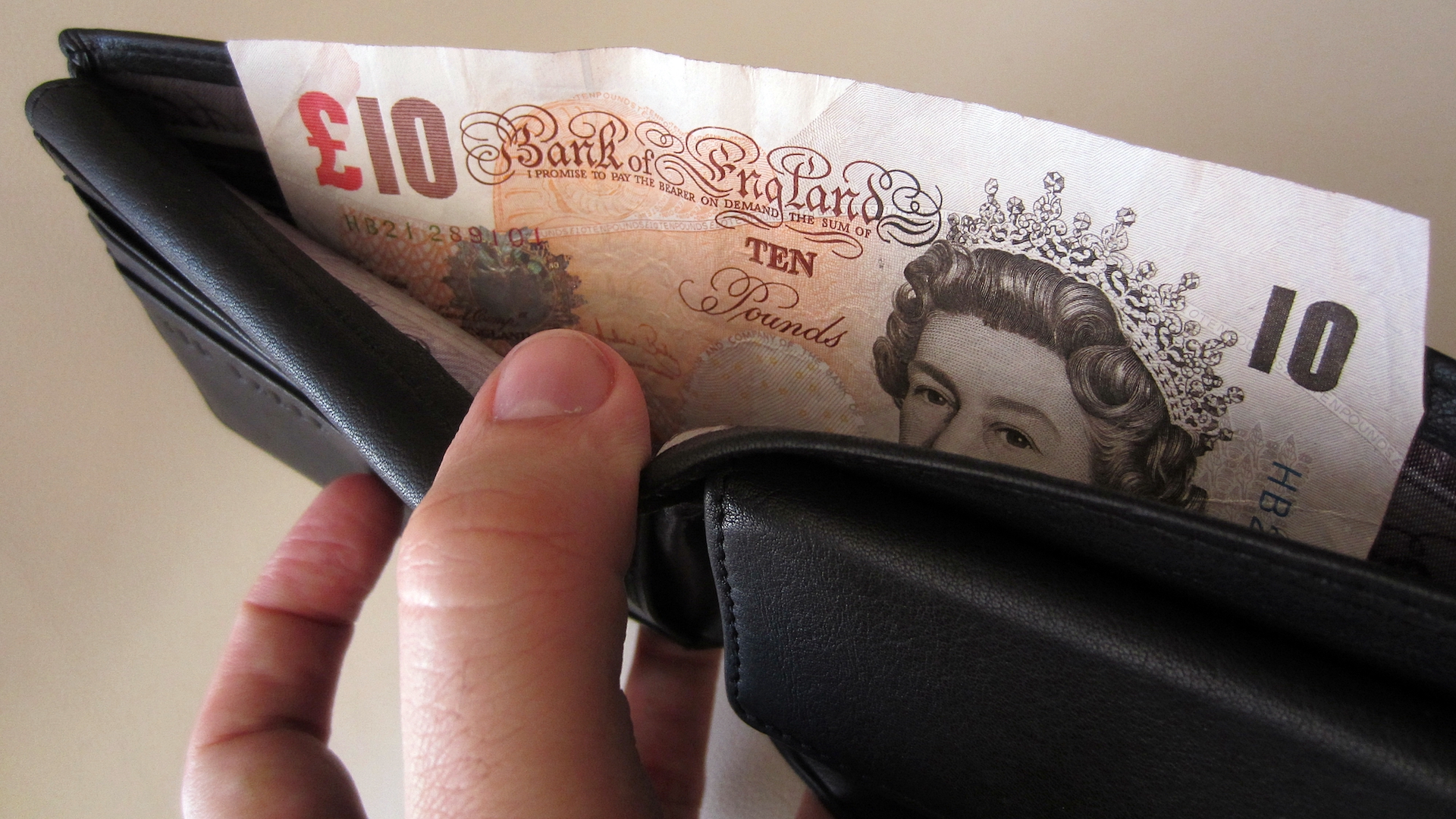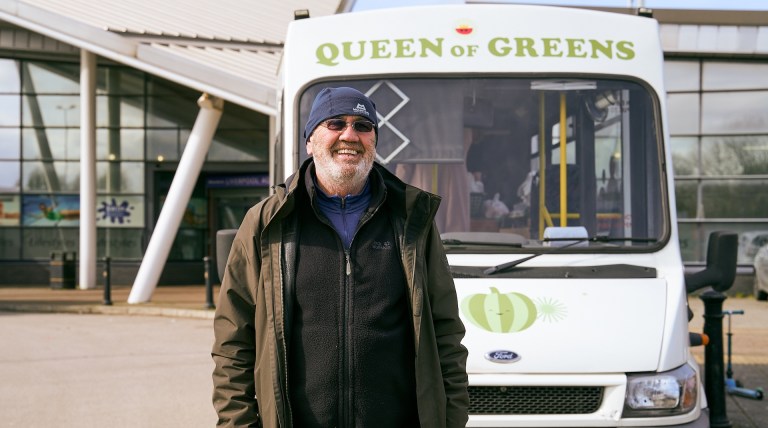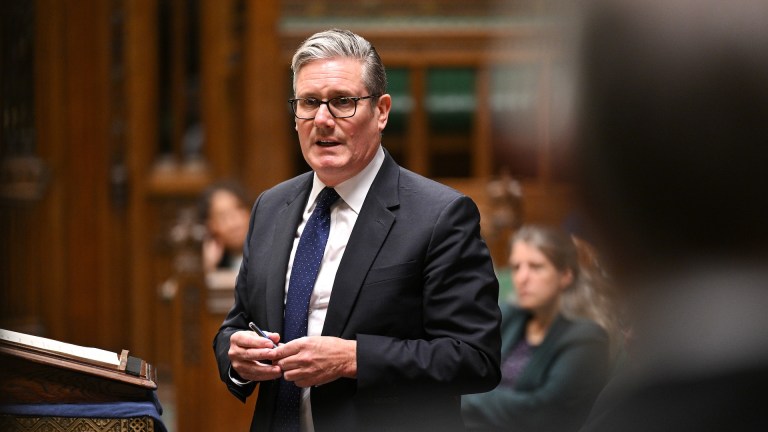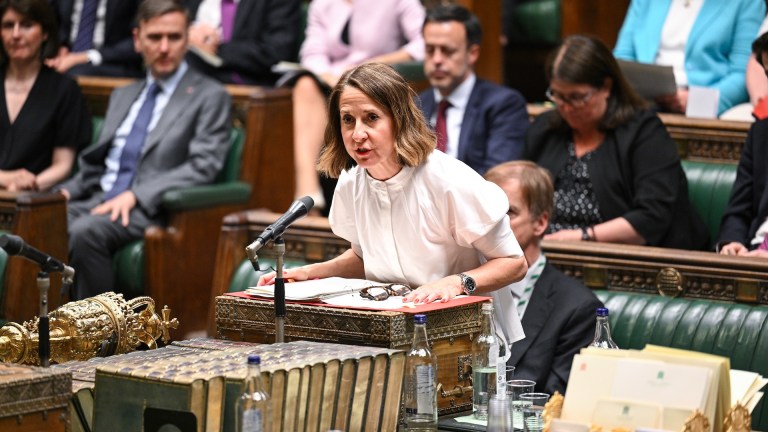People on low incomes are paying hundreds of pounds more for essentials than those who are better off because of an extra “poverty premium”, new research has found.
A study of 1,000 low-income households by charity Turn2us found those already struggling were paying an extra £478 a year for everyday items like energy, credit and insurance. This is equivalent to three months’ worth of food, according to the research.
The poorest in society often pay over the odds due to restricted access to financial products and the inability to buy in bulk. This means those who are richer are spending less to access the exact same services.
Winter fuel costs are set to rise as people spend more time at home during the Covid-19 pandemic.
We give you a rundown of what discounts and grants are available to help save money on energy bills https://t.co/ebfnZu3aaK
— Big Issue (@BigIssue) October 21, 2020
Martin Coppack, director at Fair By Design, which collaborated on the study, said the added costs were making it difficult for people to get by.
“It isn’t right that the people with the least, are paying more for essentials like heating their homes and insuring their car. The poverty premium pulls people under and makes it hard for them to stay afloat,” he said.










